 |
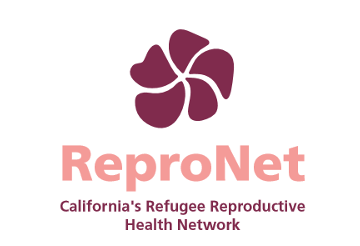 |
About California’s Refugee Reproductive Health Network:
California has accepted more refugees and holders of special immigrant visas than any other state since 2002. Because refugee women face conditions that make attending to female sexual and reproductive health (SRH) difficult, California’s Refugee Reproductive Health Network (ReproNet) aims to build a trusted partnership between refugee women and organizations, academics, and community members. These partnerships will together work to create a schema that focuses on patient-driven research and reflects the SRH priorities set by refugee women.
Our Objectives:
The University of California Irvine (UCI) received a two-year Eugene Washington Engagement Award from the Patient-Centered Outcomes Research Institute (PCORI). Partner campuses are UC San Diego, UC Davis, and UC San Francisco. With funding from the Patient-Centered Outcomes Research Institute (PCORI), ReproNet aims to create a CA statewide Refugee Reproductive Health Network (ReproNet) in which refugee women have been directly engaged as stakeholders. Priority groups are refugee communities from six countries (Afghanistan, Iraq, Syria, Iran, Somalia, and the Democratic Republic of Congo) that resettled in San Diego and Sacramento in the past ten years.
Aim:
- Strengthen refugee-academic community partnerships through the formation of a statewide reproductive health network with local branches in San Diego and Sacramento
- Engage in dialogue to capture experiences and preferences for well-woman care among refugees
- Set a research and policy agenda for future collaborations at a symposium at UC Davis Medical Center, Sacramento, in fall 2021
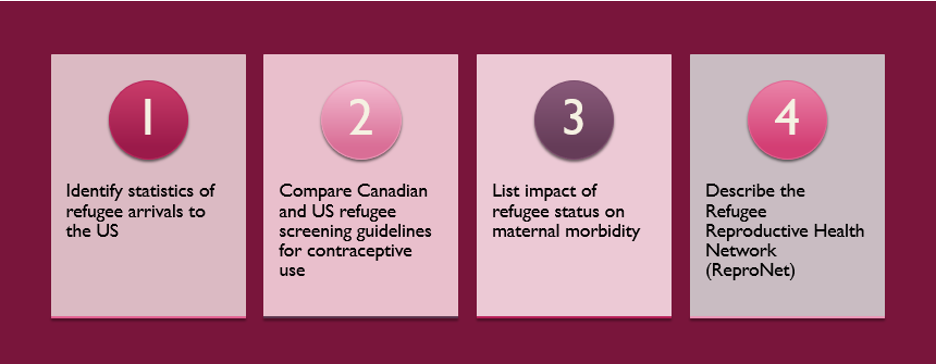
COVID-19 enhancement : In May 2020, PCORI awarded a six-month COVID-19 enhancement which aims to (a) assess the use of digital media and its potential for refugee women’s education and utilization of reproductive health among six refugee communities and (b) pilot virtual group meetings (VGMs) to engage refugee women on reproductive health issues. Throughout the year, ReproNet was successful in readjusting to the world of COVID-19. Though our in-person meetings came to a halt, we were able to adapt and virtually connect with the people in our communities by attaining a COVID-19 supplemental grant for our research. We completed 8 semi-structured interviews with resource persons and 28 interviews with refugee women in the Afghan, Iraqi, Syrian, Somali and Congolese communities. These interactions were tailored to the digital readiness of refugee communities.
We will use this information in piloting virtual groups and developing a checklist for community readiness for virtual health engagement. Findings will be reviewed at a ReproNet stakeholder meeting in February. We compared feasibility, accessibility, and comfort with VGMs across six refugee groups. Our research for this supplemental grant has now been completed, and we look forward to sharing our results.
For more information about project details, see the following resource: California’s Refugee Reproductive Health Network (PPT)
Our Engagements:
Over the last year, Steering Committee member Morgen A. Chalmiers has led a systematic review of 272 studies on refugee women’s sexual and reproductive health after resettlement in high-income countries. Drs. Fatima Karaki, Heike Thiel de Bocanegra, Sheila Mody, Andy Chen, and MPH student Maneesha Muriki worked closely with Chalmiers as authors on a comprehensive review of studies related to contraception and family planning. The manuscript is currently under review.
In creating a partnership with the refugee community, we set on hosting regular educational and engagement seminars. Our first seminar, presented by NP Malalai Yusufzai, centered on the topic of cervical cancer screening and prevention. Unfortunately, due to COVID-19 limitations ReproNet continued its engagement with the refugee communities by use of meeting platforms such as Zoom. We have managed to host various seminars in collaboration with various organizations including the Muslim American Society Social Service Foundation and World Relief Sacramento. PI Heike Thiel de Bocanegra and PC Nossin Khan also hosted a workshop at the North America Refugee Conference. We aim to continue hosting these seminars through this year. For more information on the presentations, please reference the presentation slides. We would like to thank Dr. Hind Al-Azawi, Zahra Goliaei, Heidi Guttschuss, Ahmad Karzoun, Nossin Khan, and all of our ReproNet panelists who have taken part in this initiative and committed to making it possible.
Implementing and Evaluating Virtual Groups on Reproductive Health for Arabic-Speaking Refugees - Ahmad Karzoun
Cervical Cancer Screening and Prevention
North America Refugee Conference
Reproductive Health in Refugee Women
UCD Class
ReproNet has multi-language reproductive health videos, literature, and a refugee women's discussion group. The resources mentioned below could be used as a beneficial tool for educating refugees with language barriers on health topics.
The Refugee Reproductive Health Network (ReproNet) include the following multi-language resources:
- A public ReproNet Facebook page where we post health information in English, Arabic, Pashto, and Dari. Refugee Reproductive Health Network- ReproNet
- A private ReproNet discussion group (limited to females) for conversations about reproductive health
- ReproNet YouTube Channel:
- See the presentation on Covid-19, the vaccine and reproductive health in:
- See health information video segments, recorded in collaboration with The Lighthouse, on our YouTube channel. The topics discussed consist of:
- You can also watch the full health segment.
Behind ReproNet
Outcomes and Outputs:
The capacity building initiative will culminate in a statewide symposium on refugee SRH at which refugee patient partners will engage in dialogue with researchers, clinicians, policy makers, social service providers, and community stakeholders to identify best practices for patient-centered outcomes research (PCOR) and models for patient engagement with refugee populations and to inform the research and policy agenda.
Project Details:
For more project details, visit the Patient-Centered Outcomes Research Institute (PCORI) website (insert link: https://www.pcori.org/research-results/2019/californias-refugee-reproductive-health-network-repronet-engaging-refugee )
Contact Us
Newsletter:
If you want more information or would like to collaborate as a provider or refugee, please email serineb@hs.uci.edu. If you are interested in staying updated on the events of this project, subscribe to receive our monthly newsletter!
For more information and events, sign up for the provider and researcher panel http://j.mp/358WD00 or contact one of the co-investigators and student representatives.
UC campus contacts:
Heike Thiel de Bocanegra, PhD, MPH, Project lead, University of California, Irvine hthiel@hs.uci.edu
Sheila Mody, MD, MPH University of California, San Diego smody@ucsd.edu
Patrick Marius Koga, MD, University of California, Davis, Sacramento pmkoga@ucdavis.edu
Fatima Karaki, MD, University of California, San Francisco Fatima.karaki@ucsf.edu
Zahra Goliaei, MD, MPH, PhD candidate, University of California, Merced zgoliaei@ucmerced.edu
Our Partners
 |
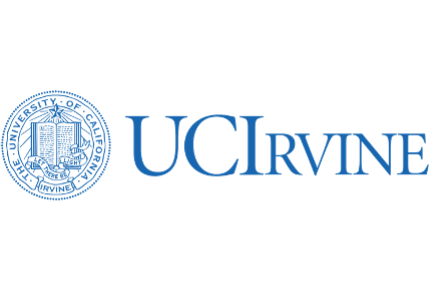 |
||
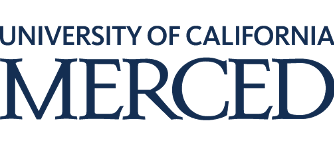 |
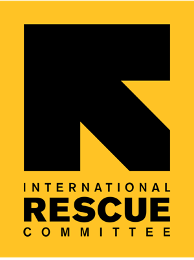 |
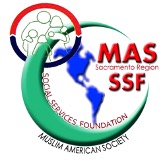 |
 |
 |
 |